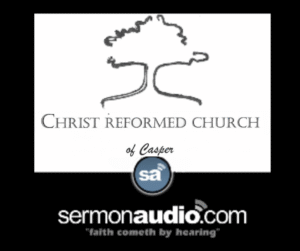Heidelberg Catechism Question 4: God’s Justice
God’s Justice Lord’s Day 4 brings us to the end of the first section of the Heidelberg on the nature and origin of our sin and misery. This is one of the three things that is necessary for us to know in order to embrace the comfort of salvation in Jesus Christ. Unless we can understand and accept something about our condition, we will never accept such a radical and humbling solution as the death of the Son of God on our behalf. The Heidelberg does not purport to answer all the questions that arise over this doctrine. It approaches the issue from the perspectiveRead More →

